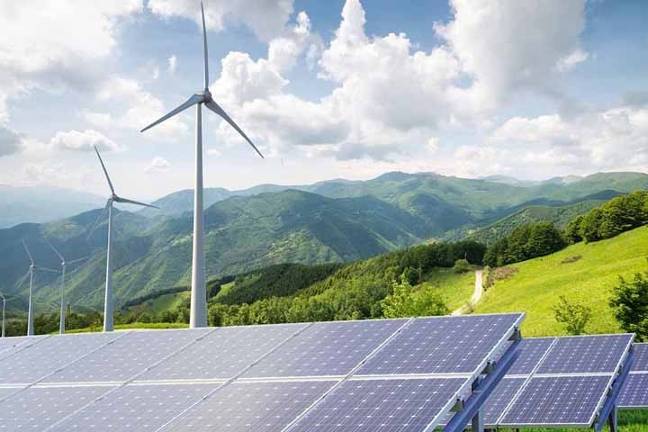In 2025, one of the primary goals is a proactive climate change response, supported by enhanced natural resource management, environmental protection, and green development. This includes implementing strategies and initiatives in line with Viet Nam’s commitments at COP26. At COP26, Viet Nam joined 147 countries in committing to achieve net-zero emissions by mid-century and participated in the Global Methane Pledge with 103 nations. Additionally, Viet Nam supported the Glasgow Leaders’ Declaration on Forests and Land Use alongside 140 countries, the Global Coal to Clean Power Transition Declaration with 48 countries, and the Global Alliance for Climate Action, which has 150 member nations.  Viet Nam resolutely implements Strategies, Plans, and Action Programs to implement initiatives and commitments at COP26 Viet Nam resolutely implements Strategies, Plans, and Action Programs to implement initiatives and commitments at COP26Moving toward these goals, Viet Nam will focus on several key actions in 2025. These include the sustainable development of the nation’s marine economy, creating a national land-use database, and international collaboration for sustainable water resource management across transboundary rivers. Additionally, the government will implement an early warning system for landslides and flash floods in mountainous areas, enhance air quality control in major cities, and initiate programs to prevent land subsidence and erosion in the Mekong Delta. In 2024, Viet Nam made significant progress with enacting guidelines for implementing the revised Land and Water Resources Law. Efforts included strict enforcement of environmental protection laws, pollution source control, and waste management. Nationally, 117 facilities now handle hazardous waste, with a collection and treatment rate of about 90%. In the first nine months of the year, authorities identified over 17,000 environmental violations, issuing fines totaling 224.7 billion VND, a 3.4% increase over the previous year. The government has mobilized resources to address climate change, particularly in the Mekong Delta and Central Viet Nam. In 2023, over 4 trillion VND was allocated to mitigate erosion in the Mekong Delta, with an additional 16 projects in the region funded by $2.5 billion in foreign loans. Aggressive measures have been implemented to advance green development, climate change adaptation, emission reductions, and energy transition. Disaster prevention is a major focus as well. In response to Typhoon No. 3, the strongest storm in 70 years, government leaders and Prime Minister Pham Minh Chinh coordinated early, flexible, and creative responses to prepare for the storm and prevent widespread damage. The government prioritizes sustainable growth by driving green and circular economic initiatives, while proactively managing and mitigating the impacts of natural disasters, landslides, subsidence, drought, and flooding nationwide, strongly emphasizing the Mekong Delta region. |